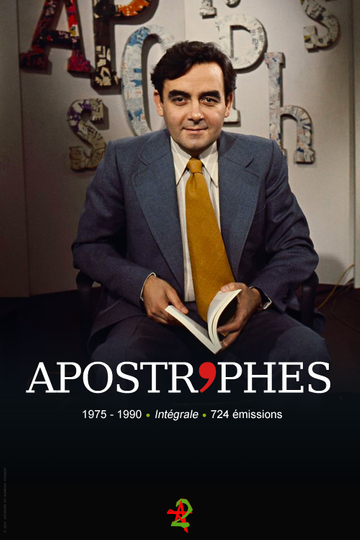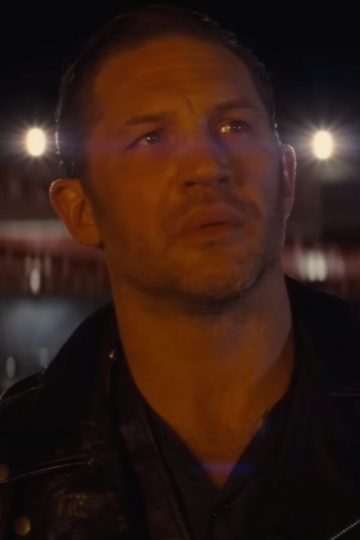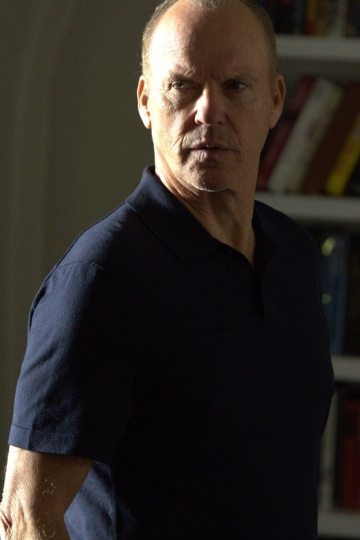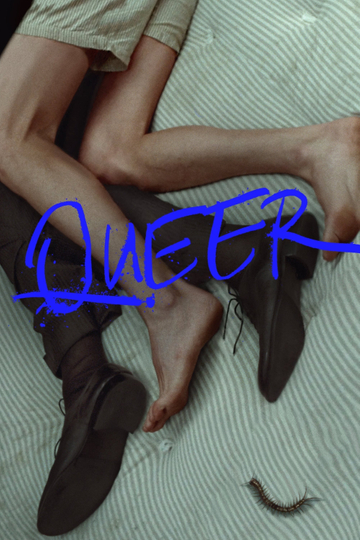Benny Lévy Biography
Benny Lévy (also Pierre Victor; 28 August 1945 – 15 October 2003) was a philosopher, political activist and author. A political figure of May 1968 in France, he was the disciple and last personal secretary of Jean-Paul Sartre from 1974 to 1980. Along with him, he helped founding the French newspaper Libération in 1972. After having encountered the Jewish philosophy of Emmanuel Levinas in 1978, he operated a return to tradition.
He then founded the Institut d'études lévinassiennes in Jerusalem with Alain Finkielkraut and Bernard-Henri Lévy. Benny Lévy is known for his unusual itinerary from Maoism to Judaism, or "from Mao to Moses", which was also followed by a few other philosophers of his generation. Born in Egypt, Benny Lévy grew up without experiencing Judaism as a faith.
He left Egypt after the Suez Crisis of 1956 and immigrated to Belgium then France with his family. His elder half-brother, Eddy Lévy, stayed in Egypt, converted to Islam in 1956 and changed his name to Adil Rifaat. The historian of mathematics Tony Lévy is his brother. Benny Lévy soon proved to be a brilliant student and completed his studies at the École Normale Supérieure, learning under such key intellectual figures as Marxist philosopher Louis Althusser and Jacques Derrida, founder of deconstruction.
He entered the Union des étudiants communistes (UEC), a student communist group, and then at his foundation in 1966 the Maoist Union des jeunesses communistes marxistes-léninistes (UJC - ml). He became one of the main leader of this latter organization after Robert Linhart. Benny Lévy was an important figure during the May 68 Student Revolt. After these events, the direction of the UJC-ml was put in minority, and founded the Maoist Gauche prolétarienne (GP, Proletarian Left).
Taking the pseudonym of Pierre Victor, Benny Lévy was one of its main leaders, along with Alain Geismar. As editor of the Maoist newspaper La Cause du Peuple (The Cause of the People), he was arrested repeatedly by the French police, who were determined to suppress the unrest. By 1970, with arrests occurring more frequently, Lévy and the other editors decided to turn to Jean-Paul Sartre, whom they knew benefited from protection to police harassment.
Sartre responded by adding his name to the list of editors, and the arrests indeed stopped. It was then discovered by the government that the proletarian leftwing leader Pierre Victor was, in fact, a stateless refugee. The passport given to him by the United Nations was confiscated, and he was ordered to appear at the local police station once every two weeks with his relatives and a lawyer.
The organisation was outlawed in 1970. As stateless and leader of an outlawed organisation, Benni Lévy was forced to clandestinity until 1973, date of the auto-dissolving of the GP. By this point, however, Lévy had developed a very amicable relationship with Sartre, who decided to make him his protégé and asked him to serve as his personal secretary, which he remained from September 1974 till Sartre's death in 1980.
Sartre interceded to President Valéry Giscard d'Estaing, and Lévy was naturalized. ... Source: Article "Benny Lévy" from Wikipedia in English, licensed under CC-BY-SA 3.0.








































